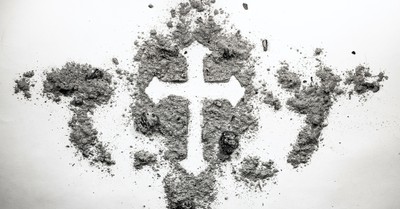Psalm 49:6-14
6 They depend upon their wealth, and boast themselves in the abundance of their riches. ... 7 None can by any means redeem his brother, nor give to God a ransom for him, 8 (For the redemption of their soul is costly, and must be given up for ever,) 9 That he should still live perpetually, [and] not see corruption. 10 For he seeth that wise men die; all alike, the fool and the brutish perish, and they leave their wealth to others. 11 Their inward thought is, that their houses are for ever,their dwelling-places from generation to generation: they call the lands after their own names. 12 Nevertheless, man being in honour abideth not: he is like the beasts that perish. 13 This their way is their folly, yet they that come after them delight in their sayings. Selah. 14 Like sheep are they laid in Sheol: Death feedeth on them; and the upright shall have dominion over them in the morning; and their comeliness shall be for Sheol to consume, that there be no habitation for them.


.jpg)
.jpg)
Matthew Henry's Commentary on Psalm 49:6-14
Commentary on Psalm 49:6-14
(Read Psalm 49:6-14)
Here is a description of the spirit and way of worldly people. A man may have wealth, and may have his heart enlarged in love, thankfulness, and obedience, and may do good with it. Therefore it is not men's having riches that proves them to be worldly, but their setting their hearts upon them as the best things. Worldly men have only some floating thoughts of the things of God, while their fixed thoughts, their inward thoughts, are about the world; that lies nearest the heart. But with all their wealth they cannot save the life of the dearest friend they have. This looks further, to the eternal redemption to be wrought out by the Messiah. The redemption of the soul shall cost very dear; but, being once wrought, it shall never need to be repeated. And he, the Redeemer, shall rise again before he sees corruption, and then shall live for evermore, Daniel 12:2. Let us now judge of things as they will appear in that day. The beauty of holiness is that alone which the grave cannot touch, or damage.